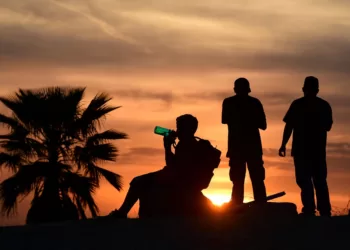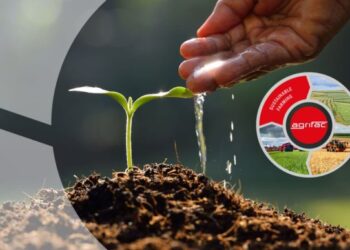A group of politicians which included Caroline Lucas, the Green celebration’s solely MP, Labour’s Clive Lewis, MEPs, and representatives from Brazil, Argentina, Indonesia, Malaysia, and the US are among different nations is considering the “Global Green deal” to get the world back to its pre covid and pre climate crisis-stricken stages.
The Global Alliance for a Green New Deal has sought this collaboration from different legislations around the world.
It is a venture for all of these politicians to come together and contribute to the insurance policies which would help to shift us all to a green economic system. This is a way forward to the upcoming Cop26 UN climate talks that are going to happen in Glasgow.
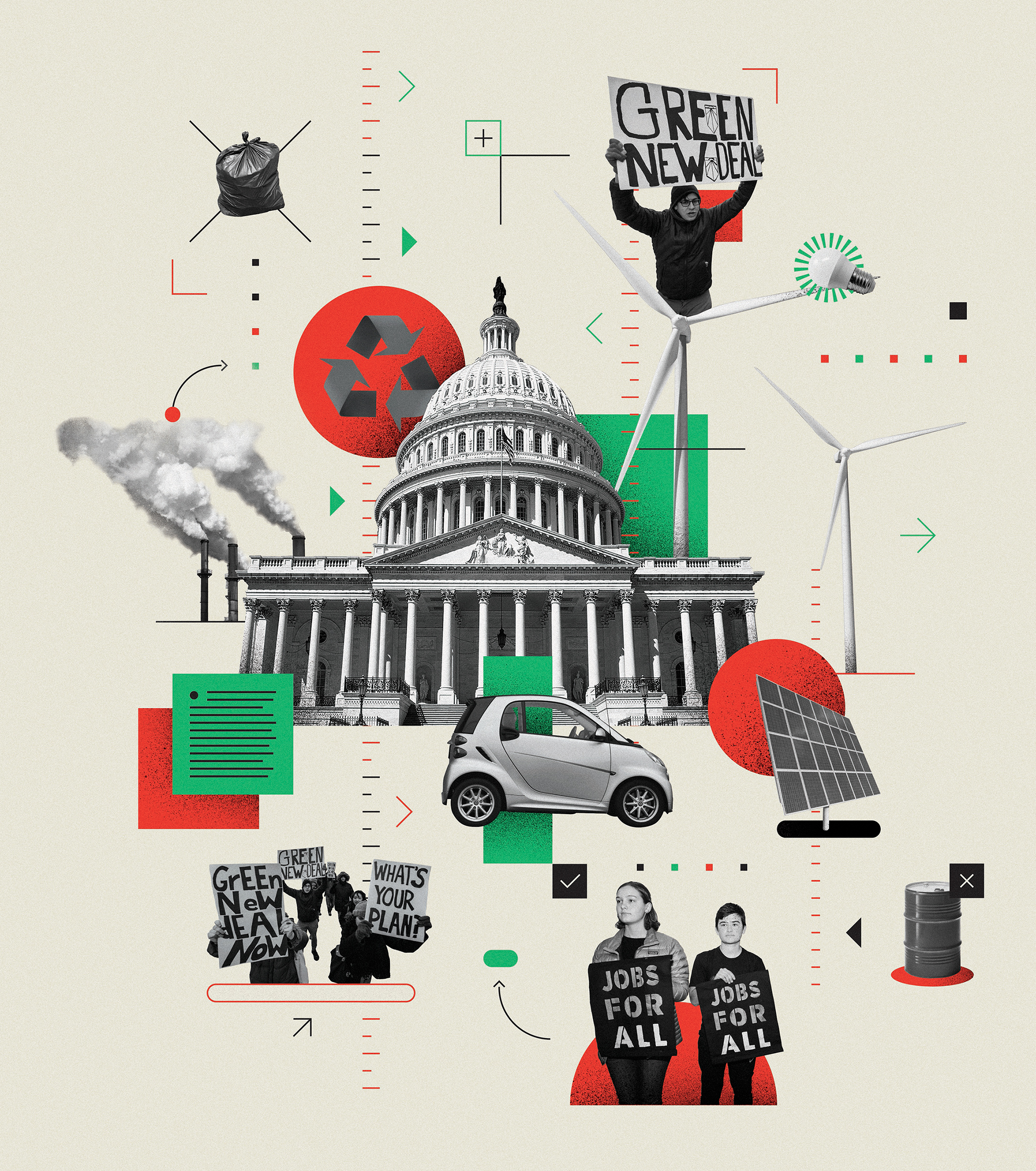
The COP 26 UN Climate Change Conference has been postponed till 31 October to 12 November 2021 from the initially planned meet in November 2020 due to the ongoing pandemic engulfed scenario of the world.
Ilhan Omar, a US congresswoman for Minnesota emphasized the extreme weather around the world and asked to take that as a red signal of what lies ahead. She said, “Climate change is here and it is an existential threat to humanity.
We have already seen the horrifying repercussions of failing to act – wildfires raging across the west coast [of the US], extreme hurricanes, heatwaves in Australia, and massive flooding worldwide. Natural disasters like these will only get worse unless we act as a global community to counteract this devastation.”
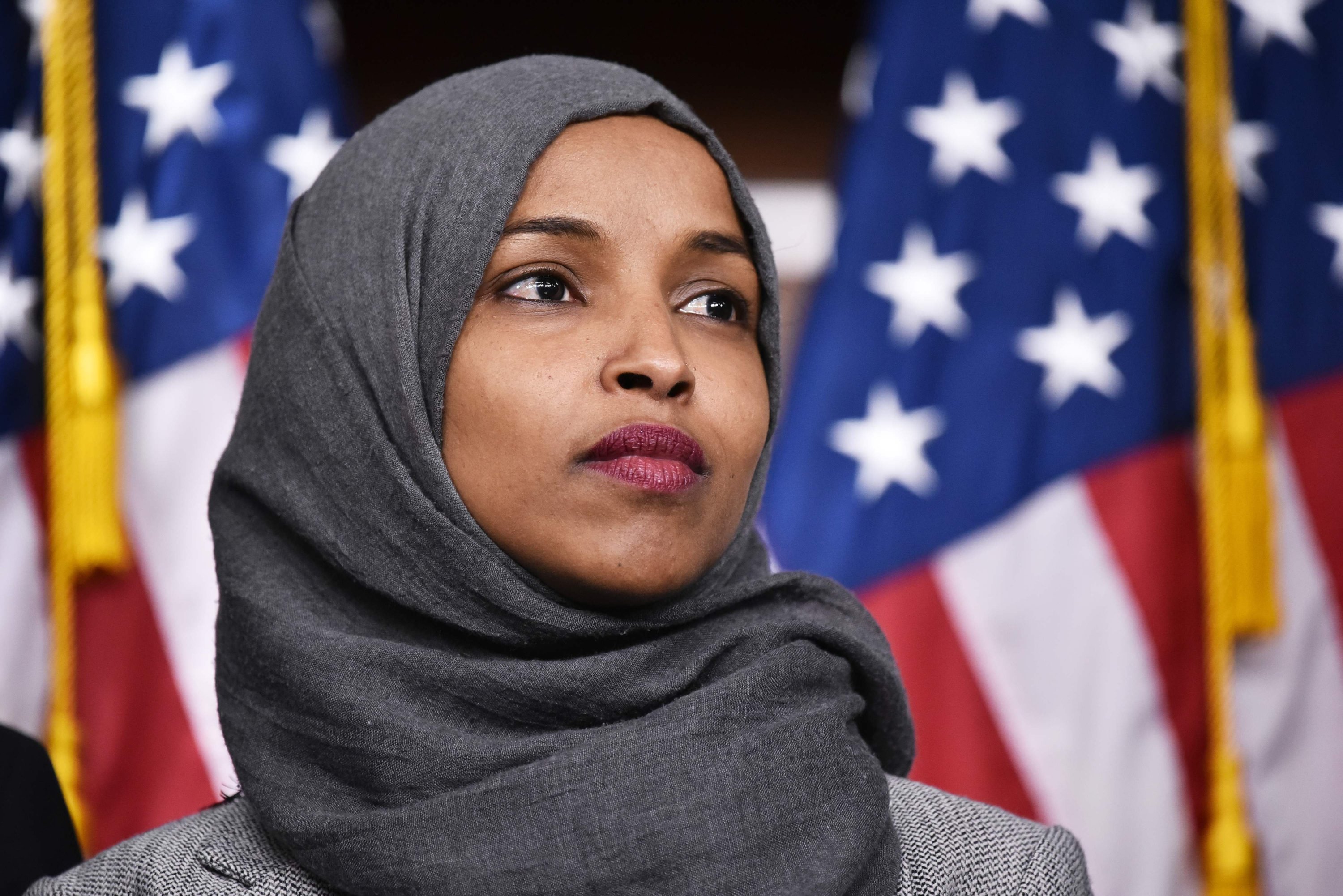
Fiona Harvey in her report in The Guardian stated that this alliance seeks to achieve a green economy and emphasize measures that would help one to get there. The focus is also on gaining access to the Covid 19 vaccines on a global scale for all. Moreover, it would also follow all the successful initiatives that have helped the earth to stay green such as the decarbonization plan recently put forward in Costa Rica.
The term ‘Green New Deal’ made its way to these summits and collaborations from Thomas L Friedman’s article in The New York Times published in 2007 for the first time, believes Andrew Chatzky and Anshu Siripurapu and have written about the same in their article titled “Envisioning A Green New deal: A Global comparison.”
They have voted for the version of the Green New Deal which the US economy had been trying to adopt. “The resolution is notable for going far beyond climate change, aspiring to a broad-based industrial policy that would reshape the U.S. economy.
It aims for a sweeping social transformation reminiscent of President Franklin D. Roosevelt’s New Deal” which helped the US Economy to grow out of the Great Depression in the 1930s, wrote Chatzky and Siripurapu.
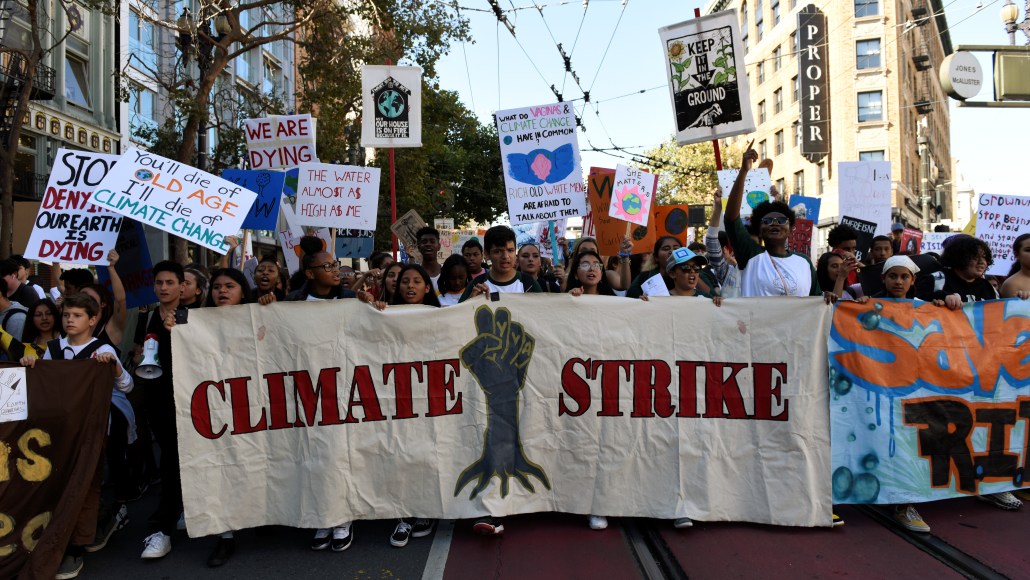
The alliance presently consists of 21 members from 19 countries. Joanna Wapichana, the first indigenous woman ever to be elected federal representative in Brazil, said: “I understand how important it is that we all take responsibility for a green new deal.
That’s why I am joining this alliance – to join forces so my work in parliament can contribute to the strengthening of the legislative process in defense of collective rights, the environment and in defense of indigenous peoples.”
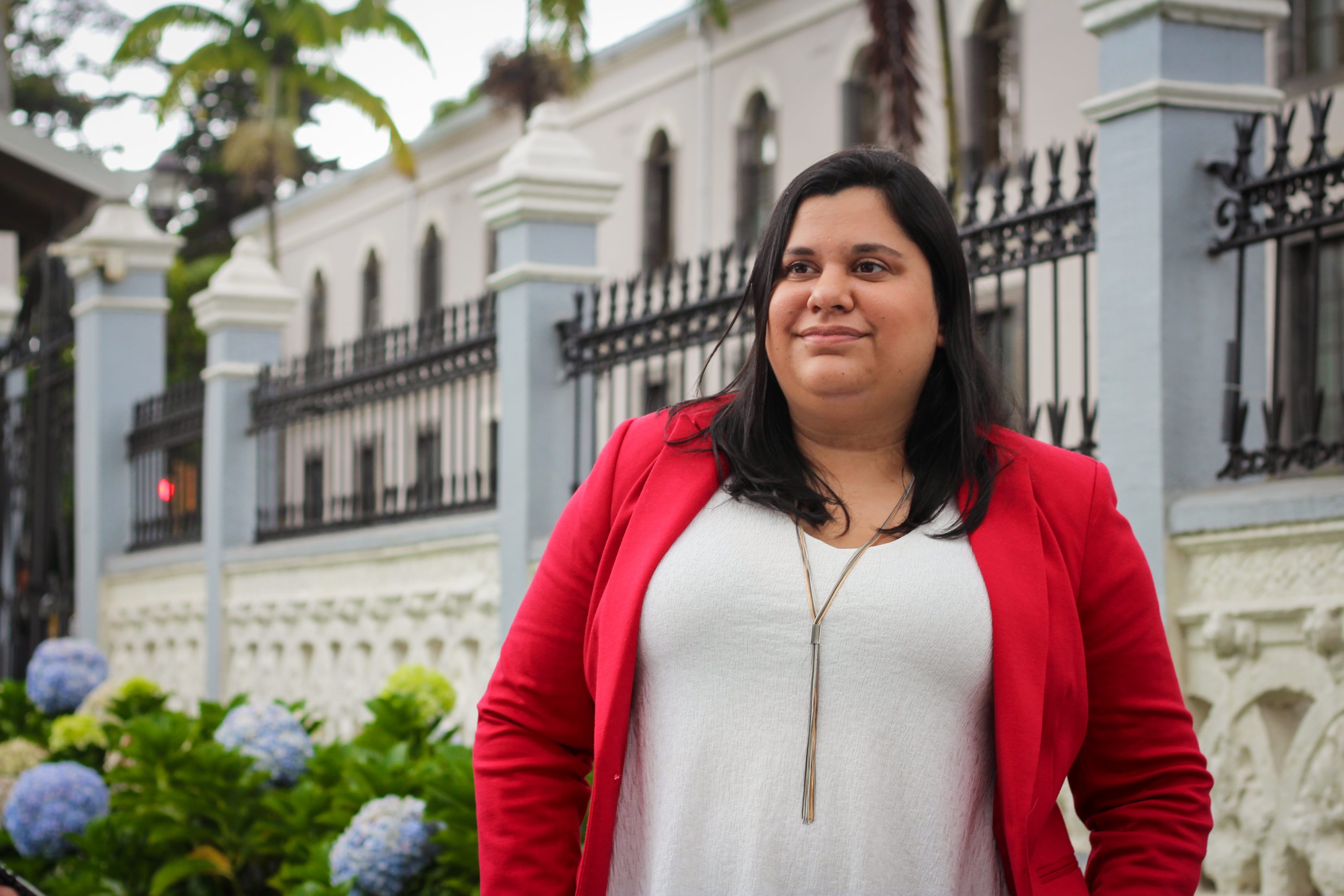
Paola Vega, Costa Rican congresswoman and president of the special permanent commission for the environment of the legislative assembly of the Republic of Costa Rica said that this project would change the way governments act and think about ecological problems.
“Unless our countries, and the diverse alliances and range of powers that govern them, create enough pressure for collective action that changes the rules of the game, we will fall short of the urgent measures that we need to be able to address the massive challenges that we face today.
It’s important that we are clear that this means an absolute change of paradigm: a change in the way we live, the way we consume and produce,” she added.







